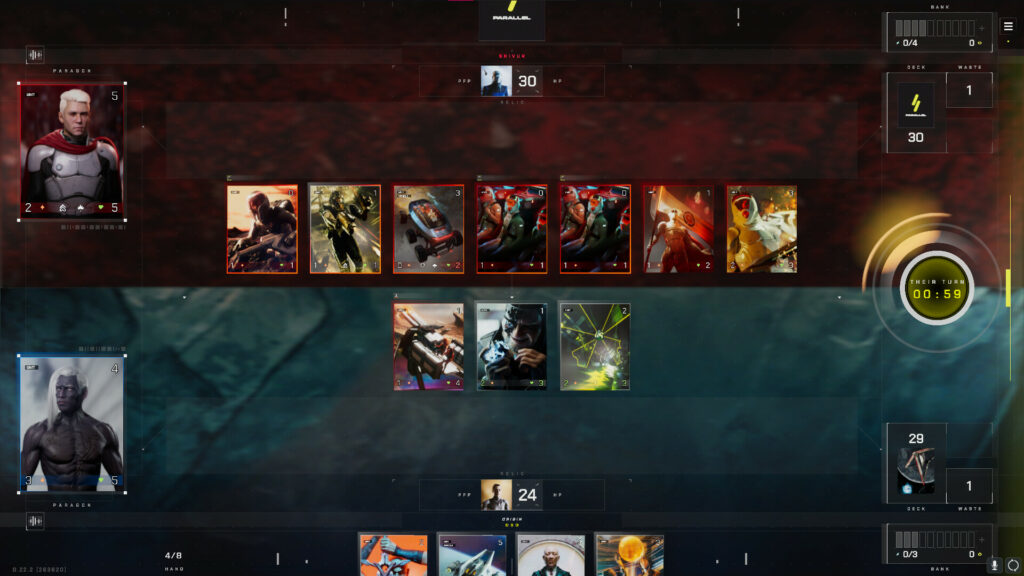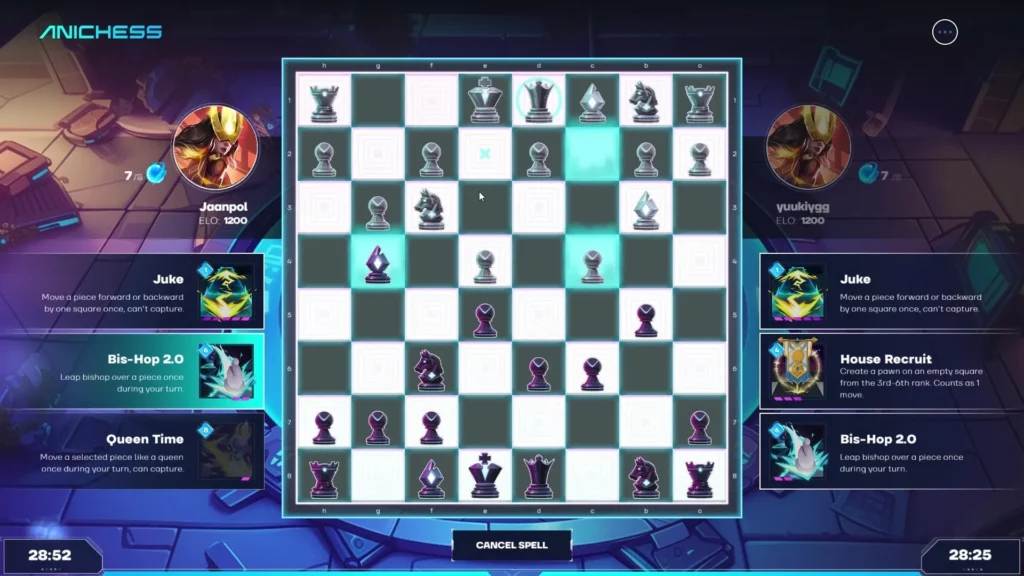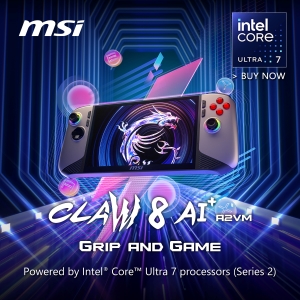The term “Web3 gaming” often conjures images of speculative tokens and volatile markets, but the reality is that many Web3 games today offer compelling gameplay experiences that stand on their own merits. Let’s explore some standout titles that are pushing the boundaries of what blockchain-enabled games can be, focusing on what matters most: the fun factor.
Breaking Down the Barriers
Modern Web3 games have evolved far beyond the simple “play-to-earn” mechanics of their predecessors. Today’s titles emphasize engaging gameplay first, with blockchain technology serving as an enhancement rather than the main attraction. This shift has led to games that can compete with traditional gaming experiences while offering unique features enabled by blockchain technology.
Standout Games Worth Your Time
Parallel TCG: Strategic Depth Meets Sci-Fi
Parallel TCG has emerged as one of the most sophisticated trading card games in the Web3 space. Drawing inspiration from classics like Magic: The Gathering, it offers deep strategic gameplay set in a rich sci-fi universe. Players command one of five distinct Parallels (factions), each with unique playstyles and mechanics.

What sets Parallel apart is its focus on balanced gameplay and competitive integrity. The game’s design team prioritizes creating interesting card interactions and strategic depth over tokenomics, resulting in a TCG that’s genuinely engaging for card game enthusiasts.
AniChess: Reimagining a Classic
AniChess takes the timeless game of chess and adds a fresh twist with animated characters and special abilities, while maintaining the core strategic elements that make chess great. The game demonstrates how blockchain technology can enhance traditional games without compromising their fundamental appeal.

Players appreciate AniChess for its respectful treatment of chess’s strategic depth while adding new layers of tactical decision-making through character abilities. The game has built a strong community of both chess veterans and newcomers who enjoy its innovative take on the classic game.
Vibes: Social Gaming Done Right
Developed by the Pudgy Penguins team, Vibes showcases how Web3 games can create genuine social experiences. This casual gaming experience focuses on community interaction and collaborative gameplay, proving that blockchain games don’t need to be complex or competitive to be engaging.

The game has earned praise for its intuitive design and emphasis on positive community interactions, showing how Web3 technology can enhance social gaming experiences without becoming intrusive.
Why These Games Succeed Where Others Failed
These successful Web3 games share several key characteristics:
- They prioritize gameplay mechanics and user experience over tokenomics
- Development teams maintain regular communication with their communities
- Updates focus on improving core gameplay rather than just adding new blockchain features
- Their economic models are designed to be sustainable rather than speculative
The Player-Owned Advantage
While these games don’t emphasize their blockchain elements, they do offer unique benefits enabled by the technology. Players can truly own their in-game assets, trade them freely, and in some cases, even participate in game governance. However, these features enhance rather than define the gaming experience.
Getting Started
Many of these games offer free-to-play options or low-cost entry points, allowing players to try them without significant investment. The focus on gameplay first means you can enjoy these titles even if you’re not familiar with blockchain technology.
Looking Forward
The success of these games suggests a promising future for Web3 gaming—one where blockchain technology enhances rather than defines the gaming experience. As more developers focus on creating engaging gameplay first and foremost, we’re likely to see even more innovative titles that appeal to traditional gamers while offering the unique benefits of Web3 technology.
Whether you’re a seasoned gamer or just curious about Web3, these games offer compelling experiences worth exploring. They demonstrate that blockchain gaming can be about more than speculation and profits—it can be about having fun, building communities, and enjoying innovative gameplay mechanics.\
Read More:
Parallel Prime League Raises the Bar with $3 Million Prize Pool and a Bold New Vision – VRSUS





